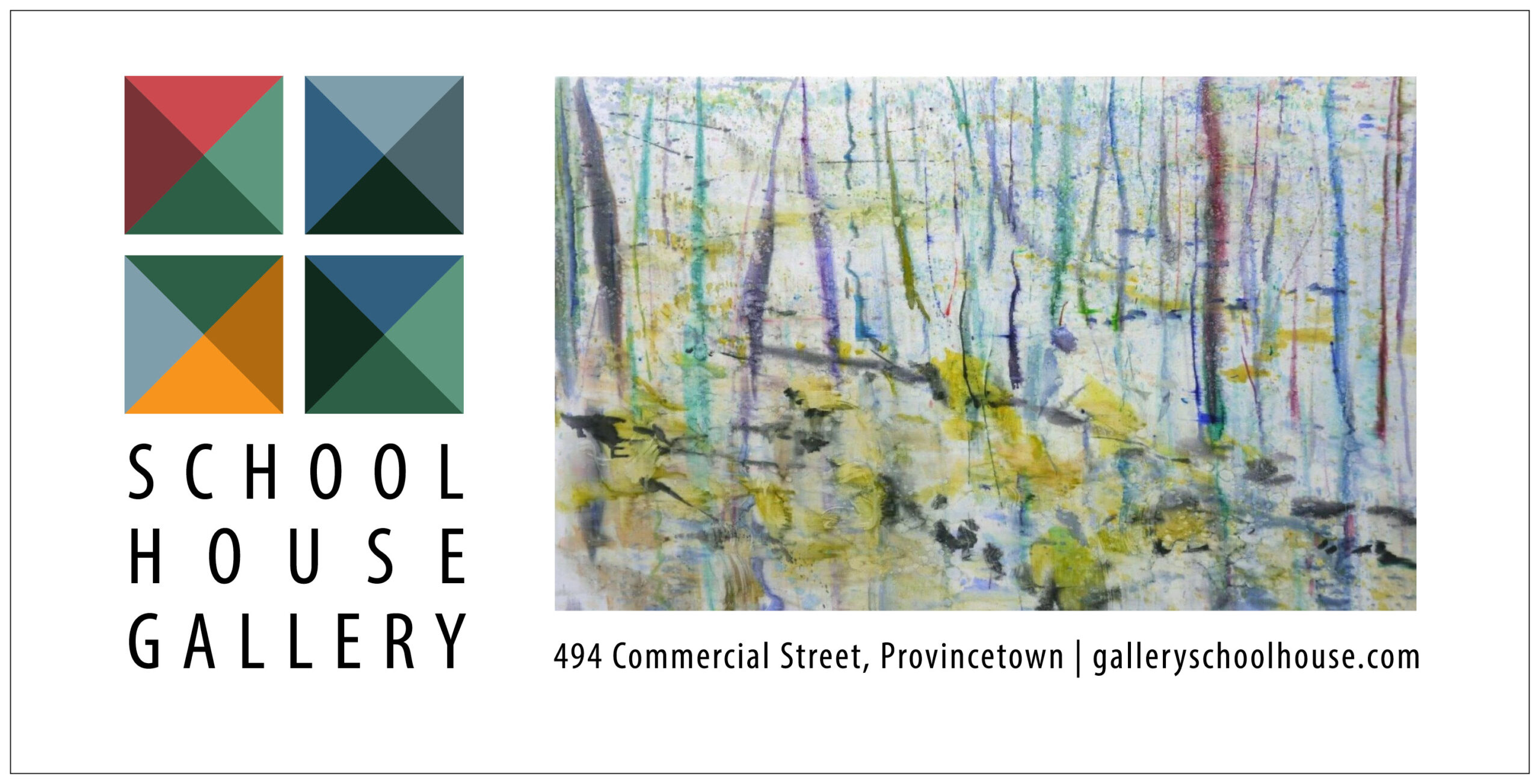Seeing the Elephant
To the editor:
“Seeing the elephant” is an expression that means “gaining experience at a significant cost.” Its origins in the U.S. are often attributed to early 19th-century exhibits of circus elephants, and this Americanism became prominent in literature, culture, and westward expansion.
An exhibit titled “Seeing the Elephant” at the Civil War Museum in Kenosha, Wis., explores another use of the expression. Soldiers used it to describe their first experience of combat. “These guys were excited and expecting glory,” the museum’s website notes, “but when they got to battle they found chaos and mayhem, and they weren’t too anxious to ‘see the elephant’ again.”
Now we are gaining experience at a significant cost, with an unknown and lurking threat. Our routines are disrupted and redirected. We have digital connections to each other, but they are not the same connections we are used to.
Few of us living now have memories of other times of shortages and restricted communications and movement. But they learned to cope with it all and persevere. Coping is also gaining experience at a significant cost.
The experiences of our predecessors instruct us to persevere as they did, and to become an even more perfect Union.
John R. Dundas
Truro
Staying Politically Active
To the editor:
Indivisible Outer Cape is looking for ways to serve the community during the current health crisis. Our mission is protecting democracy and equality for all, our health, and our environment. Using our network of allied organizations and our contacts with the other Indivisible groups of our region, we are helping to disseminate information and to organize responses to specific needs.
Despite the challenges of the COVID-19 crisis, we are still working to provide people with ways to stay politically active. In line with our 2020 Vision plan, we are supplying “Activism to Go” kits for people to complete at home during this time of social distancing and shelter-in-place orders. We will also be experimenting with “Activism to Go” delivery.
We are extremely concerned about the effect this crisis will have on our elections and are gearing up for action to mobilize for fair and safe elections, including nationwide voting by mail for November. You can read about our plans on our website: indivisibleoutercape.org.
Laurie Veninger
North Truro
Nauset Beach, 1918
To the editor:
My father was born early in 1909 in Orleans, where his father, Reuben J. Marvel, was the town doctor. My father, Reuben J. Marvel Jr., and his father were among those who went out to Nauset Beach in the summer of 1918 to watch a German U-boat shelling a tug that was running along the shore, and he saw at least one of the only hostile shells that struck American soil during World War I.
They left Orleans to come to New Hampshire in 1923, leaving behind my Aunt Bertha, who had married one of a long line of Freeman Hatches from Eastham. During World War II my grandfather came out of retirement and went back to Wellfleet to stand in for that town’s doctor, who was (I think) off in the Navy.
My father died in May 1998, and because he was so young at the time of the U-boat incident, I’ve suspected that he may have been the last surviving witness. If any of your readers know of others who were on the beach that day who outlived him, I would be grateful if they would drop me a line.
William Marvel
783 Davis Hill Road
Center Conway, N.H. 03813



